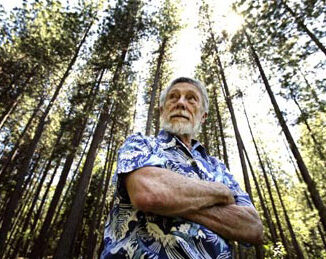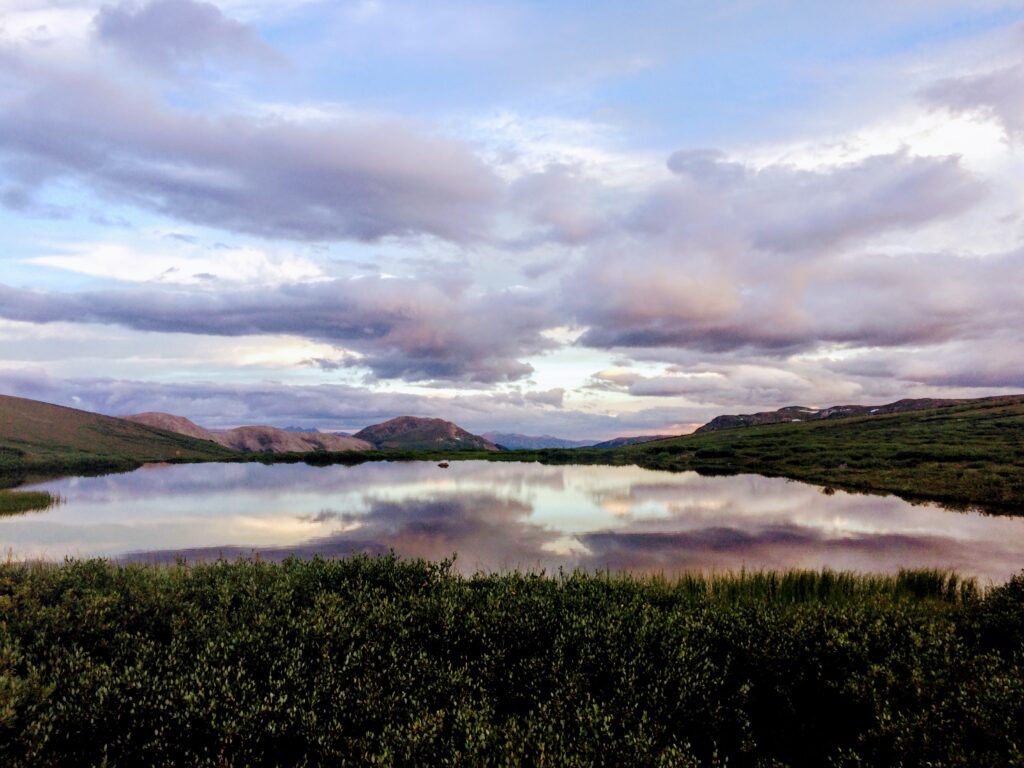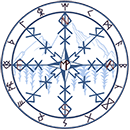The Practice of Wild Writing

I take liberties with the title of Gary Snyder’s book The Practice of the Wild, because this book has become a bible for me – in life and in writing (one and the same?).
I’ve used this book in teaching college classes both in English and American studies because it integrates so many mindful and practical ideas. Practice also illustrates the discernment necessary in thinking about the words we use to talk about our own place in the world. Some words–“nature,” “wilderness,” “wild”… they matter. We need to not be careless with them. This classic book of essays reveals a path to a more holistic relationship between cunning and funny humans and the earth that is their home.
One of those paradoxical truths about how we might both play and work is expressed in The Real Work: Interviews and Talks 1964-1979.
There are two kinds of earth consciousness: one is called global, the other we call planetary. The two are 180 degrees apart from each other, although on the surface they appear similar… “Planetary mind” is old-world internationalism which recognizes the possibility of one earth with all its diversity; “global consciousness” ultimately would impose a not-so-benevolent technocracy on everything via a centralized system.
Gary Snyder

He locates his place in the world by the all-important concept of bioregionalism. He would say simply: “The earth gives us a stride and the lake, a dive. Put another way, the idea is to locate yourself within your own watershed, a notion that is both physical and cultural.
Born in 1930, Snyder was part of the Beat Generation. A master’s degree in the Anthropological study of Tlingit Art & Story reflected his interest in Native American philosophy. His time spent living in a Japanese comune would illuminate the parallels between those two cultures. His work as a poet was his original calling; “Turtle Island” won a Pulitzer Prize and then gave way to other forms of expression.
With the bioregional movement, Snyder acquired a new generation of followers. I am now considered a devotee as part of his original fanbase. Through him I have learned to be a better writer and a more human human, delighting in the natural world and working to know my place in it.
I’ve actually met Snyder several times, mostly at literature and environment conferences, where he always makes me smile for his down-to-earth sense of life. He is one of my most profound and playful teachers. “Pass it on,” he would say.
He concludes Back on the Fire, his 2007 book of essays by quoting Lun Yu (Analects) VII.6:
Heart set of the Way
Strong in virtu,
Grounded with humanity
roaming through the arts.
…I try to follow in these footsteps.
